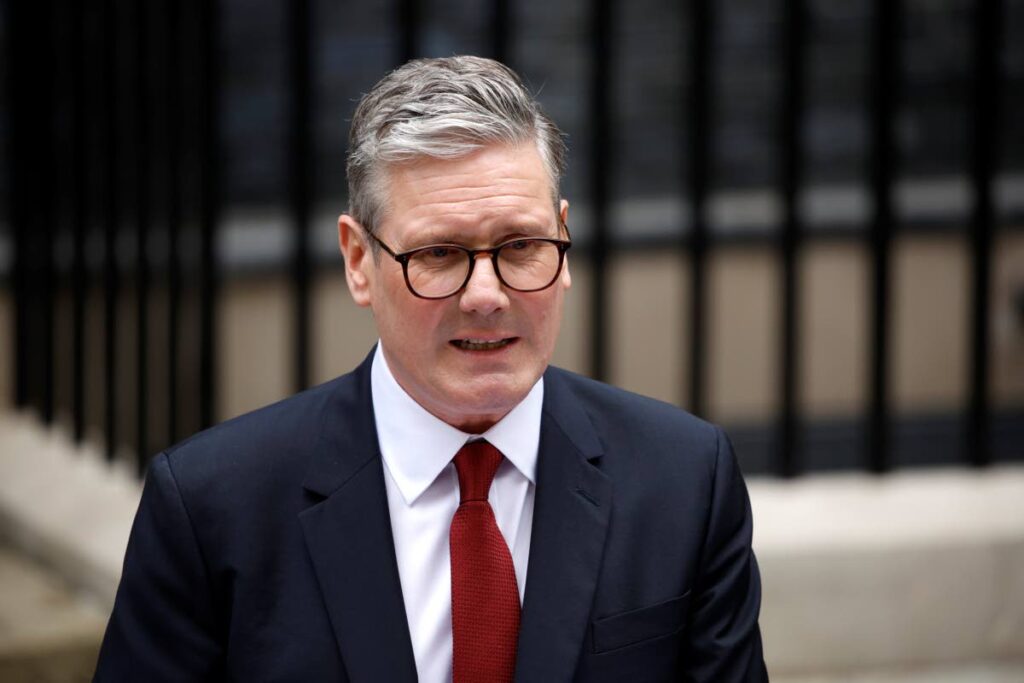Bad call on reparations

KEIR STARMER’S decision to rule out reparations for Britain’s role in the slave trade was an incredibly bad call.
The British PM’s declaration that the issue was a non-starter for his country ahead of this week’s Commonwealth Heads of Government Meeting (CHOGM) may have been good politics at home, but it is bad politics abroad. He has weakened his standing.
Sir Keir has shown what can only be described as ineptitude by paying short shrift to the issue, ruling it out before even a single speech was delivered and after several states, including the Caricom bloc and Trinidad and Tobago’s Prime Minister, signalled a desire to have it ventilated.
On October 14, UK media reported a Downing Street spokesperson, in remarks that have not been rolled back or contradicted by Sir Keir, bluntly declared: “We do not pay reparations.”
Not only that, but no apology for Britian’s role in the slave trade would be offered at CHOGM, even as Britain would “continue to engage with partners on these issues.”
Not only is this bad politics, but it is also bad diplomacy. It shows a complete lack of tact and it dampens the notion of equal nations working out consensus.
King Charles III, who last year spoke of “sorrow and regret” at the “wrongdoings” of the colonial era, is the symbolic head of the Commonwealth, but he can only speak to official UK dictates; it is Sir Keir who is monarch of this realm.
The UK premier may have wished to enter this week’s proceedings from a position of strength. If so, the problem with this is it reveals moral weakness.
Nor is it enough to suggest, as Labour does, that its focus is on economic growth. For this reveals the reparations debate to be a non-priority matter, entertainable when Britain sees fit.
And as National Committee on Reparations chairman Dr Claudius Fergus has observed, slavery was “foundational to Britain’s infrastructure of economic and financial prosperity.”
In July, Sir Keir received a strong mandate to change his country.
But his first few months in office have been awkward and disappointing due to several scandals.
Known for being ruthless and risk-averse, he may not wish to expend political capital on this issue, especially after right-wing race riots earlier this year.
But it will not go away.
All contenders for the post of Commonwealth secretary general support restitution. Awareness of continued economic inequities on the global stage has also fanned a groundswell of support.
Even current UK Foreign Secretary, David Lammy, who is of Guyanese lineage, called for reparations while in opposition.
If Sir Keir does not relax his stance, he will be no different from those he replaced. He risks finding himself on the wrong side of history.

Comments
"Bad call on reparations"